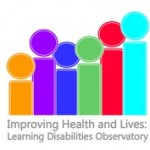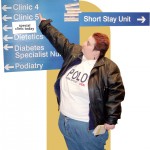
Avoiding unnecessary hospital admissions for ‘ambulatory care sensitive conditions’ (ACSCs), reduces costs and should provide good outcomes for patients. ACSCs are defined as those where ‘effective management’ at the primary care level should avoid admission to hospital. Many of the conditions identified as ACSCs, for example convulsions and epilepsy are more common among people with [read the full story…]


